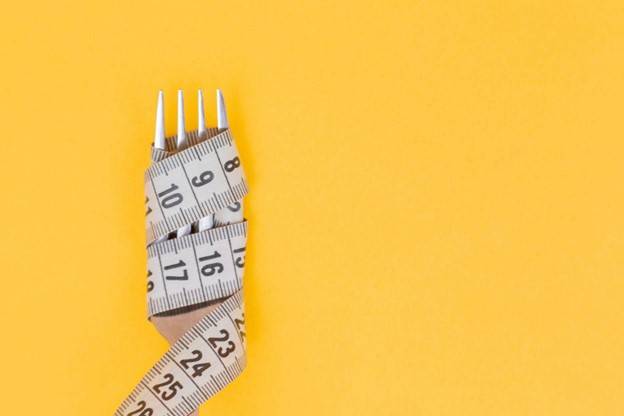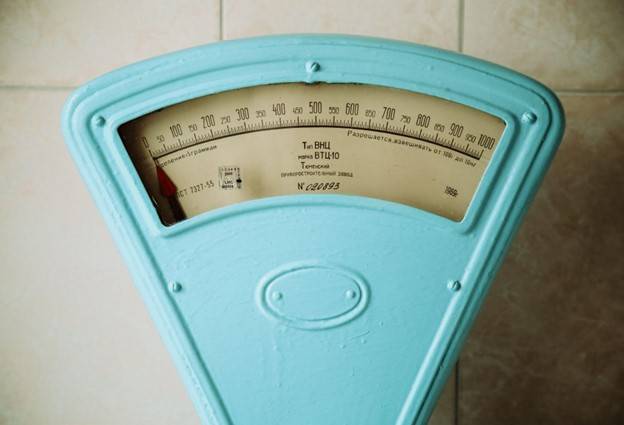
May 2022. This article is independently written by Shelby Golding. All opinions given are hers. Shelby has been certified as a personal trainer and nutritional specialist since 2007. In 2008, she found her passion for writing about these topics and hasn't looked back.

International No Diet Day, or Eat What You Want Day, is celebrated on May 6th to remind everyone that health is more important than size. Social media and popular marketing portray certain body types as good and healthy while others are considered bad and unhealthy. But the size and shape of your body aren't the only indications of health.
Stop Dieting
Here are a few ways that popular diet culture is harmful.
1. It Focuses on Weight as a Number

The international standard for a healthy weight -the BMI (body mass index)- has recently come under fire as an inaccurate portrayal of health. While a "healthy" BMI does correlate with a lower risk of disease and illness, the system doesn't leave enough space for a wide variety of human conditions.
2. It Encourages Unhealthy Relationships With Food
On average, people need about 1200 calories per day to fuel necessary body functions like breathing, digestion, sleep, and movement. Your brain uses more than a fourth of that just to think!
Diets often label foods as “good” or “bad,” a mentality meant to keep you from straying off the designated path. No food is inherently bad or good. It's your relationship with food that matters.
3. It Doesn't Account for the Individual
How to Stop Dieting
One way to stop dieting for good is to find the common healthy elements in popular diets. For example, fruit, vegetables, whole grains, lean proteins, and healthy fats appear in most diets. Meanwhile, sugar, refined carbohydrates, saturated fats, and alcohol are usually on the "to be avoided" list.
Then all you need to do is ensure that you are eating 90% healthy food and only 10% of the foods you should avoid. Diet, like most things, benefits from moderation. You shouldn't have to cut out ice cream, donuts, and beer forever. But it'd help if you found a balance with the healthy foods you eat.
Stop Dieting, Stay Healthy
International No Diet Day wasn't created as a cheat day for you to throw your rules out the window and eat whatever you want (although that's an option). Instead, it's meant to be a celebration of the healthy body image everyone's striving for with their diet.
To celebrate this year, take some time out of your day to analyze your diet. Think about your relationship to food, why you chose to go on a diet, and what you hope to accomplish. By using this opportunity to dive a little bit deeper, you might learn how to stop dieting for good.
Disclaimer: Kailo should not be used if you have a pacemaker or if you are pregnant. Always consult your doctor or health care professional before using Kailo.






